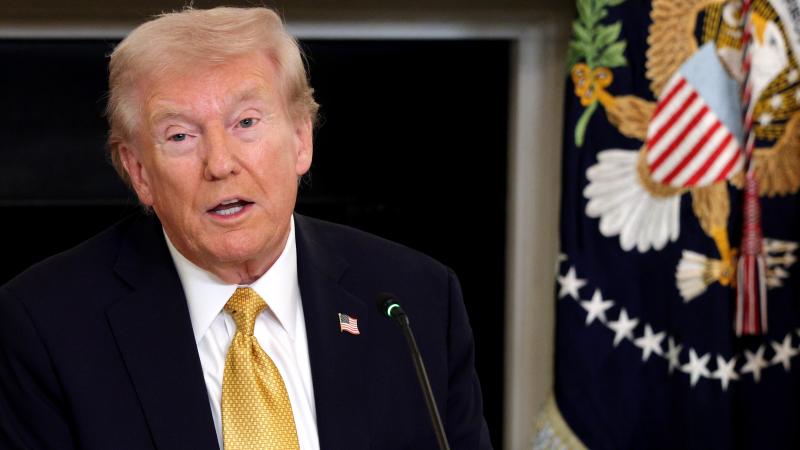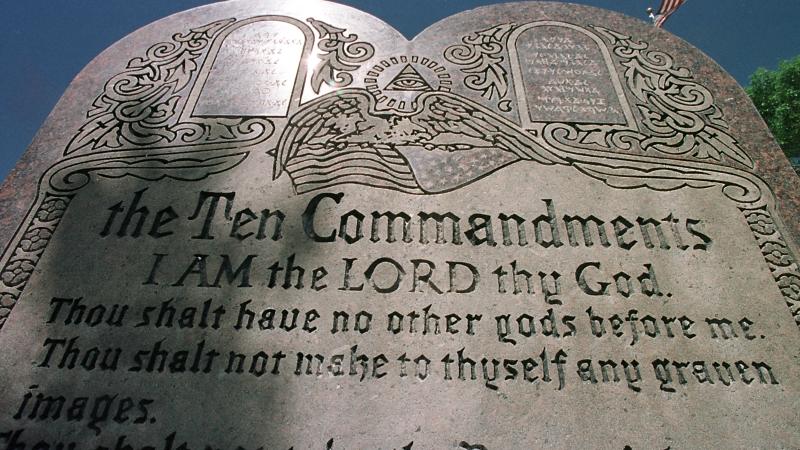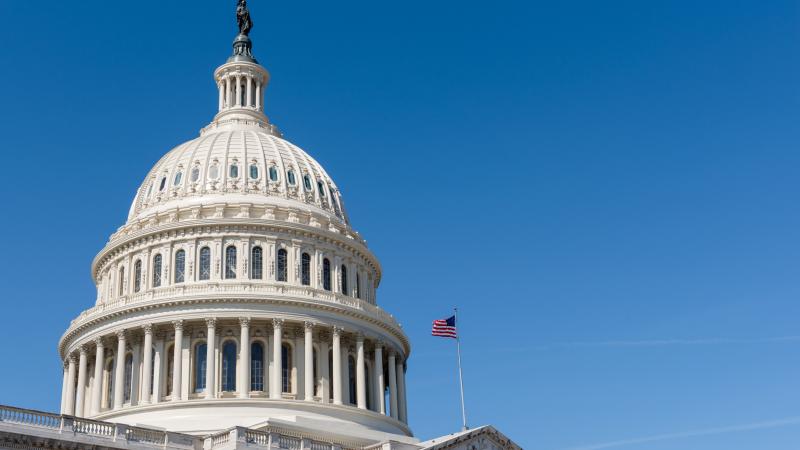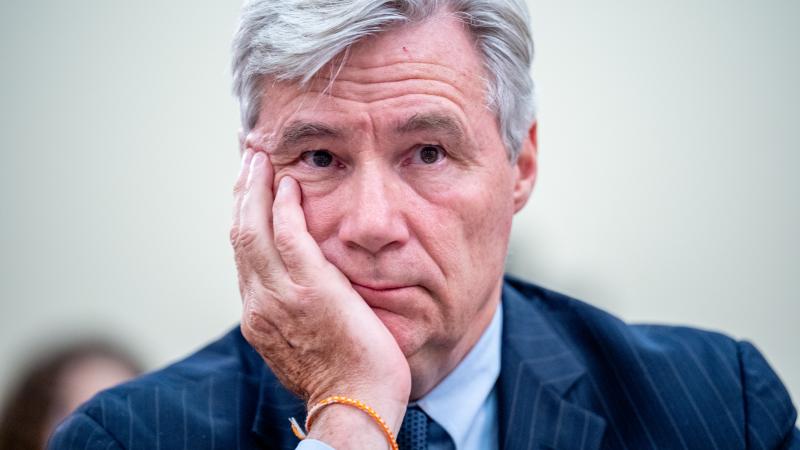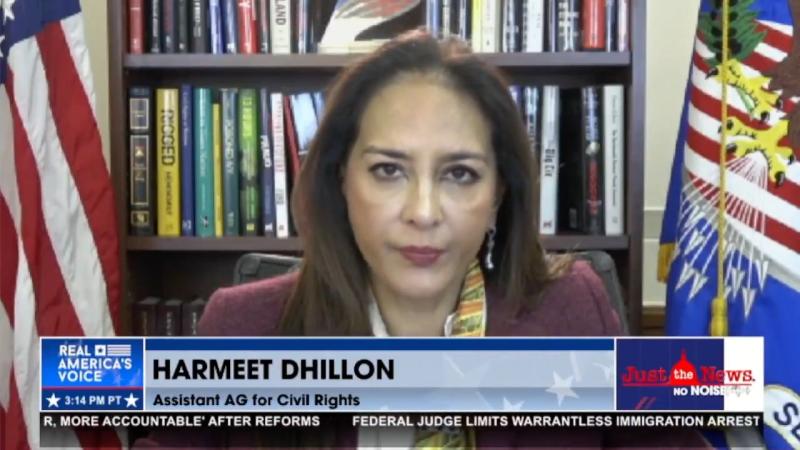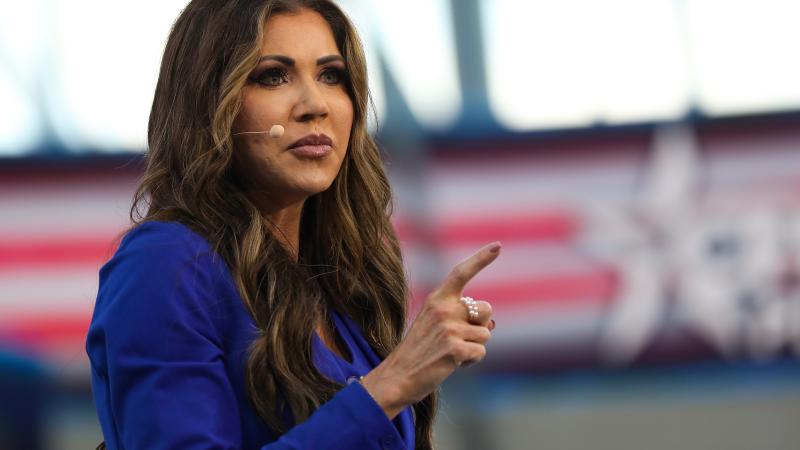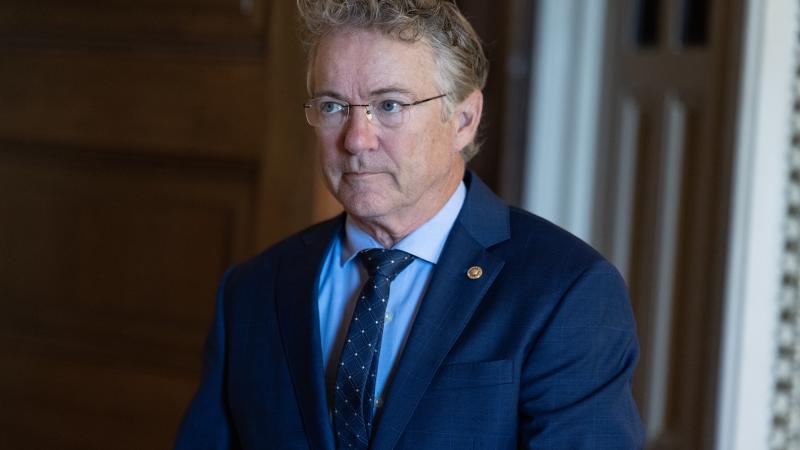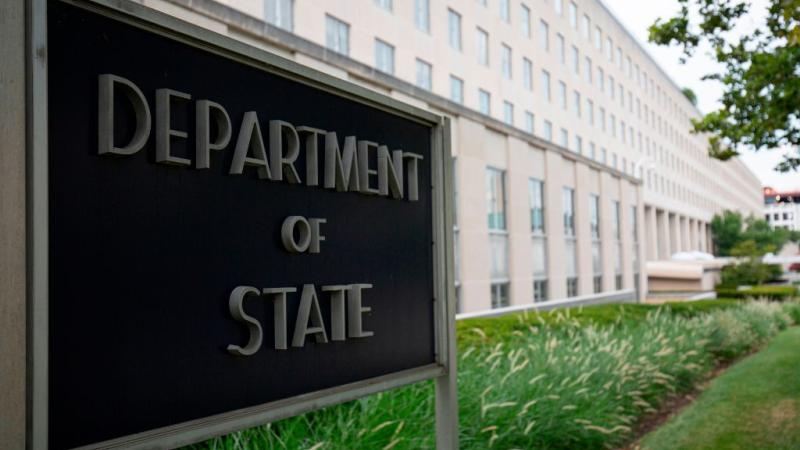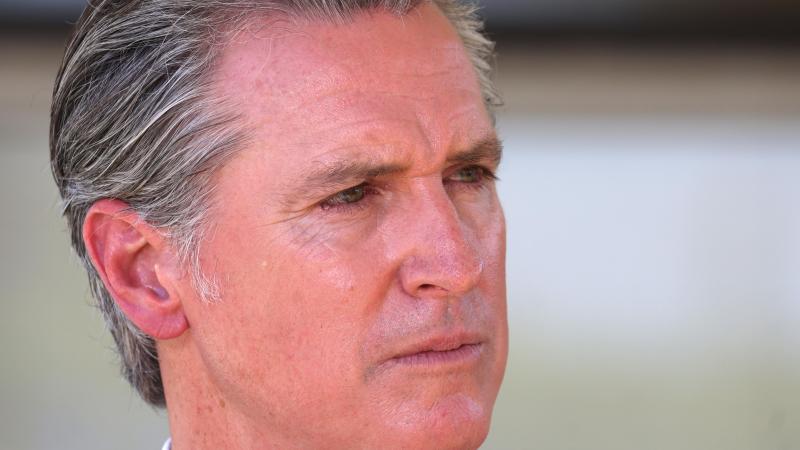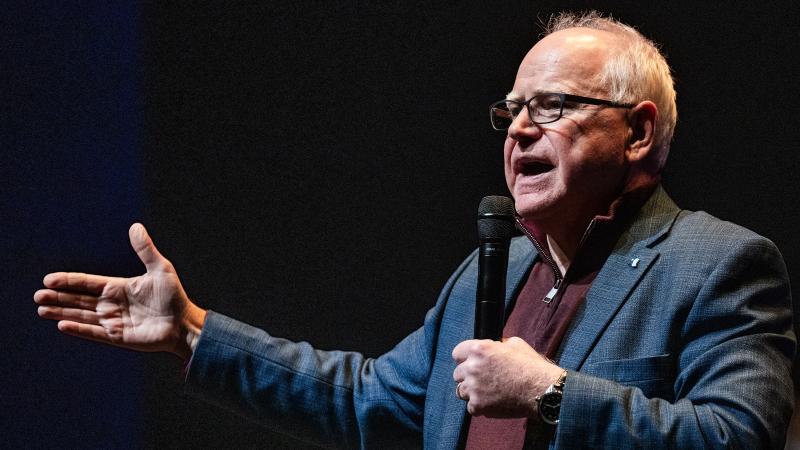Texas House passes bill to address 'sexual abuse crisis' in public schools, by educators
“In the last three years, there were 6,888 reports of sexual and violent misconduct by public school employees against our students in the state of Texas,” Rep. Little said. “As of July 2024, 6,654 of these allegations were left unresolved."
(The Center Square) -
The Texas House on Wednesday passed with strong bipartisan support a bill to address what's been called the “sexual abuse crisis” in Texas public schools.
HB 4623, filed by state Rep. Mitch Little, R-Lewisville, seeks to provide redress in response to tens of thousands of complaints filed against Texas educators.
“We have a sexual abuse crisis in our public schools in Texas. It's indisputable and we can't look away,” Little said when discussing his bill on the House floor Tuesday night.
“In 2019, this chamber established a mandatory educator misconduct reporting portal. Between September 21, 2021, and July 2024, there were 52,782 total complaints recorded against Texas educators,” he said.
Little said he paid $60 to have the House Printing Office print out a spreadsheet detailing the complaints by House district, which totals 1,533 pages.
“In the last three years, there were 6,888 reports of sexual and violent misconduct by public school employees against our students in the state of Texas,” he said. “As of July 2024, 6,654 of these allegations were left unresolved."
The report lists 44,349 educators “who were flagged as ‘do not hire’ in the state of Texas. Yet, enforcement actions remain either inconsistent or nonexistent at all,” he said.
His bill “seeks to provide for civil claims against Texas public schools or professional school employees when there is justification,” according to the bill analysis. It removes sovereign immunity from public school districts for certain acts and omissions by their employees to constitute sexual misconduct.
“We now cannot go in Texas one single week without learning of a new active sex abuse against a child in our public schools. These are euphemistically referred to as an ‘improper relationship’ between a student and educator. That is not what this is,” Little said, referring to sex abuse of a child.
There were 38,778 abuse cases reported statewide, but no formal investigation was opened in response to any of them, he said, referring to the report.
“We must do better. We can do better. This bill will allow the courts some ability to at least … address the harms that are occurring in our public school system,” he said.
The bill would amend state code “to make an independent school district or open-enrollment charter school liable for an act or omission that is committed by a professional school employee against a student enrolled in the district or charter school,” including sexual misconduct or failure to report suspected child abuse or neglect as required under state law.
The bill requires that a professional school employee who committed the act or omission be named as a defendant and makes the district or charter school and employee jointly and severally liable. It requires the claimant to be awarded actual damages, court costs, and reasonable and necessary attorney's fees. The bill establishes that these remedies are in addition to any other legal remedies.
It defines a professional school employee as a superintendent, principal or equivalent chief operating officer, teacher, substitute teacher, supervisor, social worker, school counselor, nurse, and teacher's aide employed by a district or charter school; a contract teacher; student in education preparation program; school bus driver; school board member or trustee, among others.
It defines "sexual misconduct" as any sexual abuse or conduct including “trafficking of persons; continuous sexual abuse of young child or disabled individual; public lewdness; indecent exposure; indecency with a child; improper relationship between educator and student; invasive visual recording; unlawful disclosure or promotion of intimate visual material; unlawful production or distribution of certain sexually explicit videos; voyeurism; sexual coercion; unlawful electronic transmission of sexually explicit visual material; sexual assault; indecent assault; aggravated sexual assault; or sexual performance by a child,” according to the bill language.
The bill passed with widespread bipartisan support by a vote of 109 to 19.
The 19 who voted against the bill include Republicans and Democrats: Darby; Davis, Y.; Flores; Gates; González, J.; Goodwin; Hayes; Howard; Jones, V.; Manuel; Morales, C.; Reynolds; Rodríguez Ramos; Romero; Schofield; Simmons; Smithee; Thompson; Vo, according to an unofficial vote reported by the Texas Legislature.
Six voted “present, not voting”: Anchía; Bryant; Collier; Harris(C); Hinojosa, and the speaker, who has generally voted present on motions and bills before the chamber.
The bill heads to the Senate for consideration.
